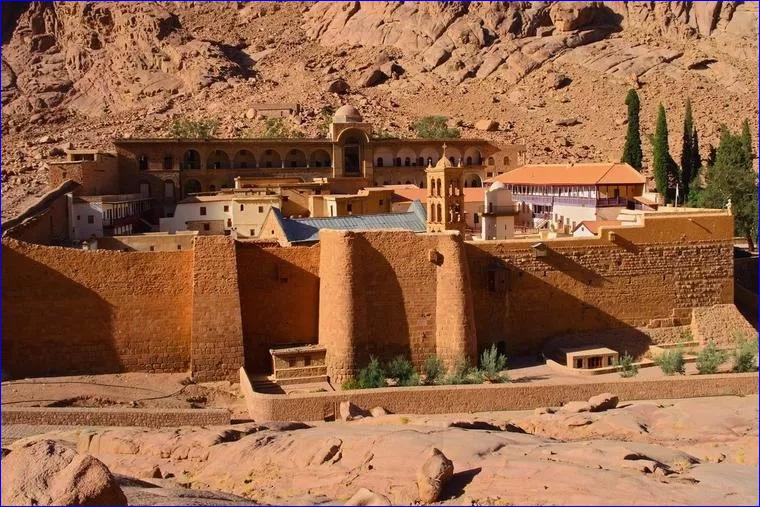


Certainly, terrorism, religious hatred and violence are bitter realities for Eastern Christians, but other pressing threats may be more insidious.
The Pope spoke of the need for Middle East Christians to "persevere and remain in their homelands, resisting the temptation to abandon them." This is not a hypothetical or future risk but a daily reality, for example, for Gaza's beleaguered Catholics and Orthodox Christians -- alive, battered and wounded -- to try to remain in an urban landscape where most of what they see seems to be reduced to rubble.
Despite the rhetoric in the Gaza war, it is unlikely that Christians were ever targeted directly, and yet, like Muslims and Jews, they have borne a heavy price.
Persecution and martyrdom get the headlines, but while they are real, a more omnipresent, far more common threat appears, associated not so much with religious hatred as with greed -- and with the power politics of the rich and numerous and against the dwindling and powerless.
From Egypt to Iraq, Christian property is under assault. It's not personal; it's just business.
On May 29, Greek newspapers blared that the Egyptian government had seized St. Catherine's Greek Orthodox Monastery on Mount Sinai and declared it state property. While online commentators were quick to portray it as some sort of Muslim, anti-Christian action shutting the monastery, the reality was much more mundane. This was more about real estate than persecution, eminent domain rather than religious hatred, involving a 10-year legal case by local officials.
Egyptian authorities, eager for income, see St. Catherine's as a potential money maker, promoting religious and cultural tourism, which would complement Sinai's splendid beaches. The danger to the monks seems to be more that they will be "Disney-fied" and marketed rather than expelled. The monastery, founded by Emperor Justinian the Great and once the site of the famed Codex Sinaiticus, one of the oldest, most complete copies of the Bible, is to be part of a larger tourist attraction. The sacred mountain seems to be more at risk from developers rather than jihadists.
In the Old City of Jerusalem, the historic Armenian Quarter is threatened less by religious hatred than by a shady deal with what Armenians consider unscrupulous real estate developers, who claim to have a valid 98-year lease on 25% of the Armenian Quarter. As in the case of Sinai, the ultimate goal seems to be profit and greed rather than hatred. But Christians rightly feel hemmed in by forces more powerful than them seeking to exploit what little remains in their hands.
Christian populations are dwindling throughout the region, but one thing that they still have is land, often empty land, which, coupled with zero to no political clout, makes for an enticing target. Neither Egypt nor Israel are particularly anti-Christian states, but they have more than their share of cutthroat businessmen.
Much Christian real estate in the Middle East is waqf land, religious endowments generally protected from seizure. In Islamic law, which is where waqf comes from, this land cannot be sold or transferred. It is for the use of the religious community.
Such land used for commercial or rental purposes should generate income for the local church or mosque. But, of course, holding on to the land is only as good as the will of the lawyers, judges and the state to protect private property owned by religious minorities. In post-Assad Syria, at least some of the tensions in early 2025 between Christians and Muslims has been over property rights.
Not all of the Christian real-estate land-grab news has been bad over the past years. In Turkey's historic Tur Abdin region, after many years of turmoil, litigation, village rivalries and high-level international attention, the fourth-century Syrian Orthodox Mor Gabriel Monastery recovered its land in a 2014 decision hailed as "the largest restitution of church property ever seen in Turkey." The ruling was part of Turkey's democratization process at the time overseen by the prime minister, now president, Recep Tayyip Erdoğan.
While Turkey was a rare positive light, the land grab against Christian property in Iraq continues to be a concern. Christians being displaced or fleeing the country have found their land being taken by political parties, militias and connected individuals. Records are falsified and deeds doctored, and even waqf land has not been immune. It isn't outright persecution per se but merely the strong preying on the weak.
A Justice Ministry official told the Al-Arabi al-Jadeed newspaper in February 2025 that "the file is still complicated, and the ministry is making every effort to return Christian property and provide protection for it through strict measures."
Impoverished Middle East Christians, disinherited ones, Christians tied up in years of agonizing litigation against the powerful are, of course, far less like to stay in their ancient homelands, less likely to put down roots when the very land is taken away from them.
While we focus on the very real, often violent, persecution of Christians in the East, let us not forget the all-too-silent, gradual usurpation of their rights as full citizens, rights to be secure in their persons, their faith and their property.

or register to post a comment.